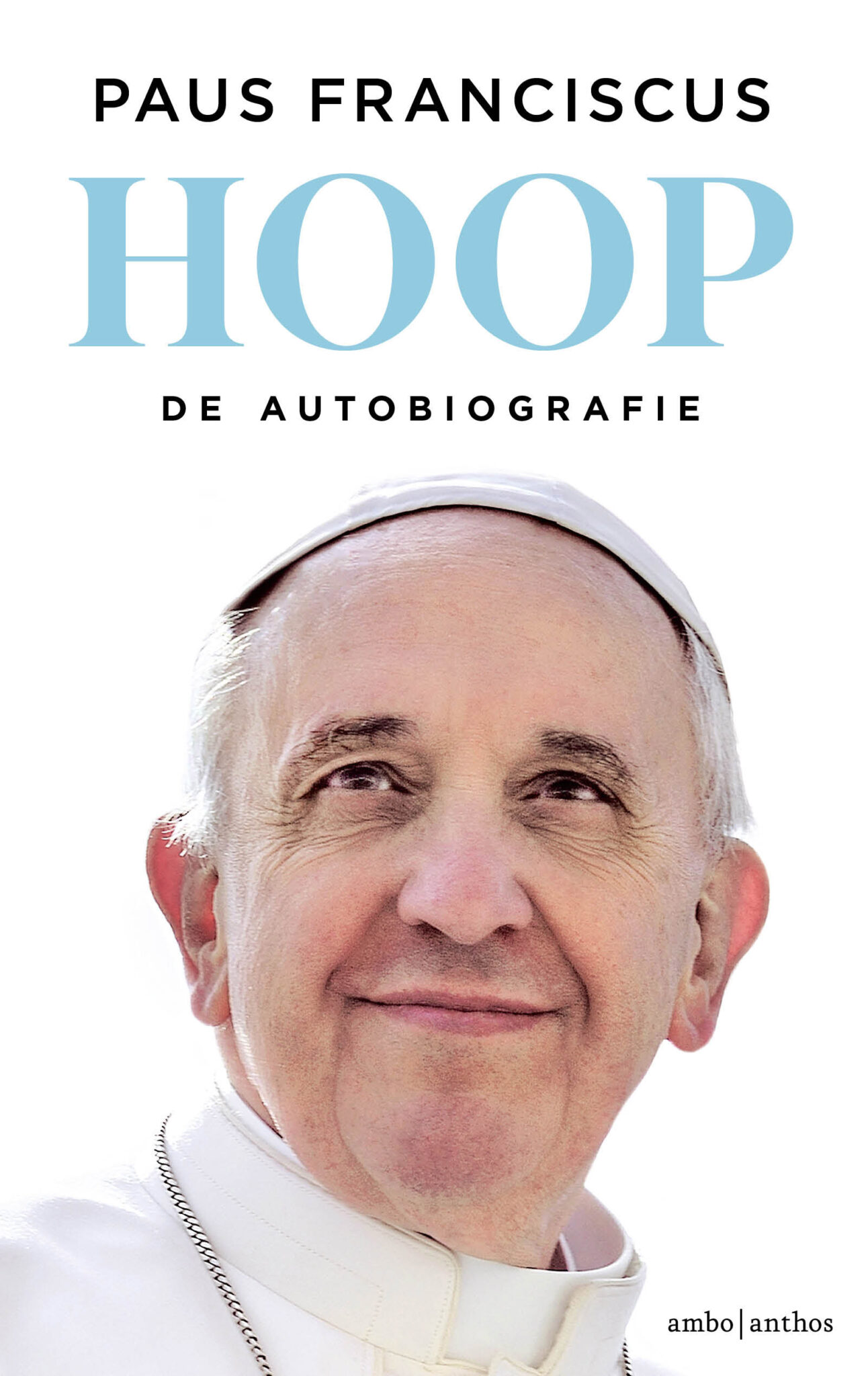Have you ever wondered what it would be like to hear the personal story of one of the most influential figures in modern history? Pope Francis’s autobiography, Hope, offers a rare glimpse into the life and mind of a man who has touched millions across the globe. Written over six years, this memoir delves deep into his Italian heritage, early childhood, spiritual journey, and eventual rise to become the leader of the Catholic Church. It is not just an account of his life but also a reflection on the pressing issues facing humanity today.
The book begins with Pope Francis recounting his family's origins in Italy and their migration to Argentina. Born Jorge Mario Bergoglio on December 17, 1936, in Buenos Aires, he grew up in the working-class Flores neighborhood as the eldest of five siblings. His parents were Italian immigrants, and their struggles shaped much of his worldview. Before committing himself fully to religious life, young Bergoglio worked briefly as a chemical technician while studying philosophy at university. By 1963, he had graduated in philosophy and soon thereafter entered priesthood.
| Bio Data | Details |
|---|---|
| Name | Pope Francis (Jorge Mario Bergoglio) |
| Date of Birth | December 17, 1936 |
| Place of Birth | Buenos Aires, Argentina |
| Parents | Miguel Reginaldo Bergoglio (Father), Regina María Sivori (Mother) |
| Siblings | Four siblings |
| Education | Chemical Technician; Graduated in Philosophy (1963) |
| Career | Jesuit Priest → Provincial Superior of Jesuits in Argentina (1973) → Auxiliary Bishop → Archbishop of Buenos Aires → Cardinal → Pope |
| Professional Achievements | First non-European pope in nearly 1,300 years; Advocate for social justice, environmental protection, and interfaith dialogue. |
| Notable Work | Hope: The Autobiography (2025) |
| Reference Website | Official Vatican Website |
In 1973, Pope Francis was appointed provincial superior of the Jesuits in Argentina, marking a significant turning point in his career. During this period, he navigated turbulent political waters, including the military dictatorship that gripped Argentina during the late 1970s and early 1980s. Despite these challenges, he remained steadfast in his commitment to serving others, particularly marginalized communities. Over time, his reputation grew, leading to his appointment as auxiliary bishop, then archbishop of Buenos Aires, and eventually cardinal. In 2013, he became the first Latin American pope, taking the name Francis in honor of Saint Francis of Assisi.
Pope Francis's autobiography does more than simply chronicle his life; it provides insight into his thoughts on some of the world's most pressing problems. He addresses climate change, poverty, inequality, and the importance of compassion and empathy in fostering global unity. For instance, he emphasizes the need for sustainable development practices to combat environmental degradation. Furthermore, he advocates for policies aimed at reducing economic disparities between nations and within societies. These themes resonate throughout the text, underscoring his belief that hope can inspire meaningful action.
One striking revelation from the book is Pope Francis's initial expectation regarding the duration of his papacy. Speaking candidly, he admitted, “At the beginning of my papacy I had the feeling that it would be brief: no more than three or four years, I thought.” This admission highlights both his humility and pragmatism. Yet, despite such predictions, he continues to serve with unwavering dedication, driven by a profound sense of purpose.
While critics might argue that Hope lacks the comprehensive depth found in traditional autobiographies, its conversational style makes it accessible to readers worldwide. Co-authored with Carlo Musso, the narrative weaves together recorded conversations spanning several years alongside previously published texts and private reflections. As noted by reviewer Catherine Pepinster, this approach distinguishes Pope Francis from previous pontiffs, making him uniquely relatable.
Indeed, comparisons to earlier biographical works, such as Peter Hebblethwaite's studies of John XXIII and Paul VI, reveal how distinct Pope Francis's contribution truly is. Unlike those exhaustive accounts, his memoir focuses less on historical minutiae and more on personal anecdotes and philosophical musings. Readers gain not only knowledge about specific events but also understanding of the values guiding this extraordinary individual.
Published ahead of schedule due to urgent contemporary concerns, Hope serves as both a testament to Pope Francis's enduring legacy and a call to action for future generations. Originally intended for posthumous release, the decision to share it sooner reflects his desire to address critical moments in human history. With endorsements from major publications like The Times, Telegraph, Guardian, Independent, Financial Times, and New Statesman, the impact of this work cannot be overstated.
Ultimately, Hope stands out as a powerful reminder of the transformative potential inherent in faith and determination. Through intimate details shared openly, Pope Francis invites us all to consider our roles in shaping a better world. Whether discussing his own experiences growing up amidst hardship or addressing complex global dilemmas, his message remains consistent—hope is essential if we are to overcome adversity together.



